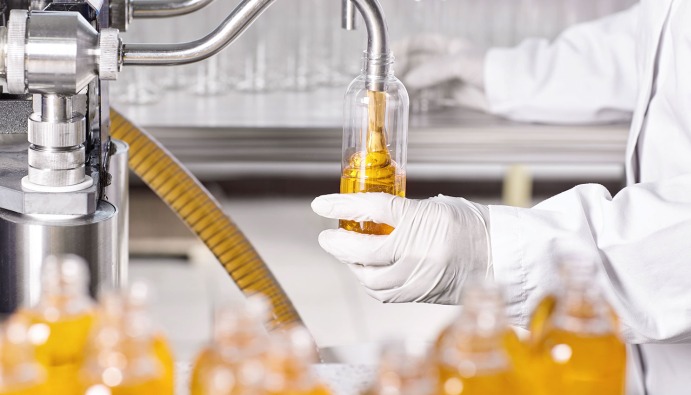EU Regulations on Cosmetics Compliance Testing
Cosmetic products must pass tests and analyzes to determine their safety and compliance with Regulation (EC) No 1223/2009. Stability tests, physical and chemical properties, prohibited or restricted substance tests, impurities and microbiology tests should be performed to demonstrate the compliance of cosmetic products with EU regulations.EU regulation on cosmetics (Regulation (EC) No 1223/2009) Before putting cosmetic products on sale in the European market, a notification must be made to the competent authorities and a Product Information File must be created. It is critical that cosmetic raw materials or end products are tested reliably and comply with European cosmetic regulations.
According to European Cosmetic Regulations,
1. Chemical Analysis:
- Stability Test
- Microbiological Quality
- Preservative Efficacy Test
2. Impurities and Purity of Raw Materials:
- Restricted and Prohibited Substances
3. Characteristics of Cosmetic Packaging Materials
Which Products Are Subject to the European Cosmetics Regulation?
- Creams for the skin,
- Lotions,
- Gels and oils,
- Face masks,
- Colored bases (liquids, pastes, powders),
- Post-bath powders,
- Toilet soaps,
- Perfumes,
- Toilet water and cologne ,
- Bath and shower preparations (salts, foams, oils, gels),
- Depilatory agents,
- Deodorants and antiperspirants,
- Hair dyes,
- Hair styling products,
- Hair cleaning products (lotions, powders, shampoos),
- Hair care products (lotions, creams, oils),
- Shaving products (creams, foams, lotions) ),
- Make-up and make-up remover products,
- Lip care products,
- Dental and oral care products,
- Nail care and make-up products,
- Sunbathing products,
- Sunless tanning products,
- Skin whitening products,
- Anti-wrinkle products.


